Sandhya Sridhar
Happiness is today a much misrepresented word. It has come to mean a sort of state in which all your needs and wants are immediately satisfied, keeping you in peak happy state. The popular messaging, understanding of life as one wants to lead it, all depend on this state of happiness that hinges around the one big currency in our life, yes the monies!
Which brings us to the Indic notion of happiness, which again, is a bit intertwined with spirituality. The traditional method to happiness, was and is the abandoning of attachment (oh, so impractical) and centering the self to a state where the good and bad are equally dealt with (how is it possible?)
Which brings us to spirituality.
Spirituality today, to repeat myself, is a much misrepresented word. It is used so commonly and interchangeably to refer to religious practices, to religious beliefs and even prayer. In the Indic world, all this is taken to be just one thing – the path to finding the self.
In the modern world, this self-discovery, or finding out who one is truly, has become trendy and a matter of much discussion. Part of this is the newest, that of self-identifying oneself and announcing it to the world. Finding oneself and identifying the self are good goals to have – and if accomplished properly, the individual will be centred and more than content. However, such journeys in today’s times have few happy endings, mostly because, they seek validation in the eyes of the world outside.
The self or ‘I’ is at the centre of the universe. In Indic belief, this ‘I’, to put it simply, could be of two kinds. It could be the ultimate ‘I’, the Supreme; or it could be an ‘I’ that identifies itself as being equivalent with the Supreme and travels parallelly with it. This simply are the two systems – Advaitha and Dwaita, respectively – the single path and the dual one.
Most of us have, thanks to our education system, been unable to comprehend this very simple, very linear progression of knowledge and self-understanding. From being who we really are, we have progressed instead, into shadows of who we think we ought to be – enthusiastic followers of a western way of life and therefore, happiness. While this is not a criticism of another, it is a truthful self-evaluation and it is time we looked at ourselves in the mirror.
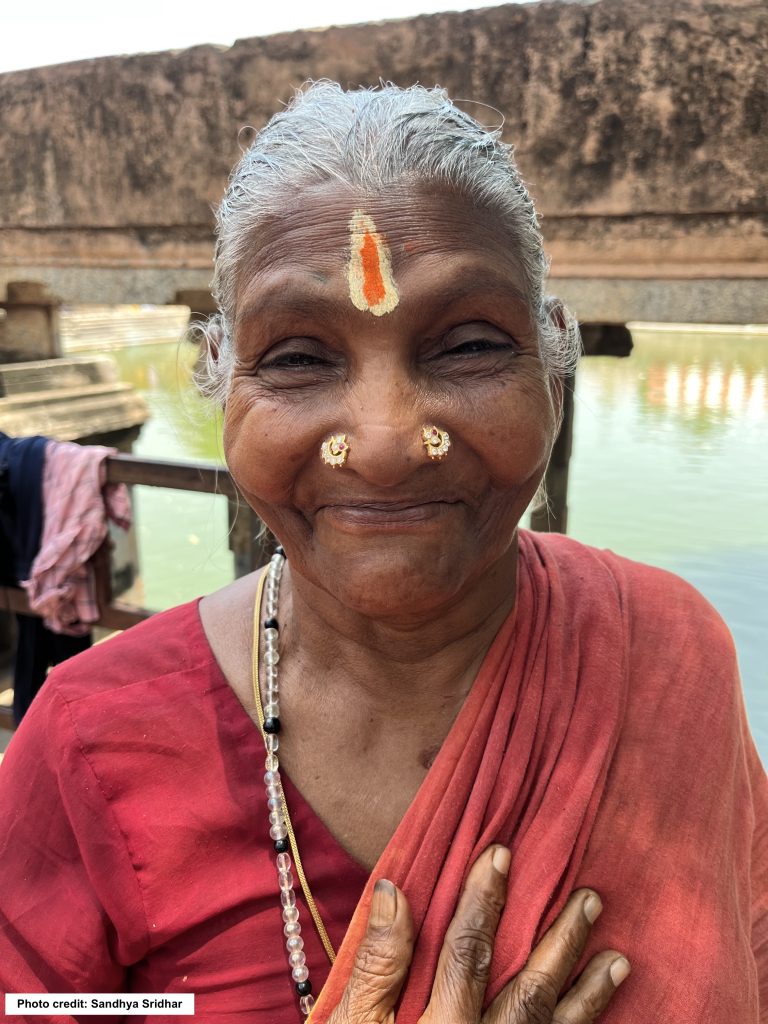
The objective of this brief piece is not to evoke sainthood and to be stuck in a hoary past, but to actually point to what world-over, quite ridiculously, is labelled the ‘happiness index’. What is this happiness index? What is it based on? Who makes the criteria to evaluate such happiness?
Which brings us right back to the topic of happiness.
For all our pretensions of a spiritual history spanning hundreds of years, and a philosophy that should take us to that happy state, alas! – India ranks poorly in the happiness index of 2023. We rank 126 (gasp!) in a listing of 137 countries, barely keeping our heads and shoulders above Afghanistan, that’s in that last space – 137. You can see for yourself here, how happy we are in comparison to the world.
So the World Happiness Report has been compiled for about a decade. The introductory para tells us that: “…the United Nations General Assembly adopted Resolution 66/281, proclaiming 20 March to be observed annually as International Day of Happiness.” Then it goes on to say that the success of a country is measured by its happiness and how national happiness should be a governmental objective. This is fun.
As the newest most populous country in the world, we are a bunch of unhappy people. So what should we do, to make ourselves happier? The compilers of this index put the onus squarely on governments, institutions and human rights. The Buddha is evoked, so is Confucius and Socrates.
On the ground, happiness is also measured by self-gratification, as being a consumer of all sorts of varied things that are certain to make you happy. In conclusion, this happiness for you and me and every one of us who are 126 on the happiness scale, is dependent on people and their validation, and the possession and flaunting of objects. So oops! – how do we get happy when one does not have the means to?
For one, we have crawled up from the 136th on the Happiness Index in 2022, and 139th in the report of 2018-20. That should make us a bit happier. And then, we could perhaps create a Happiness Index of our own, and beat them at their own game!
The views expressed in this piece are the writer’s own.



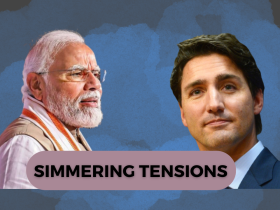

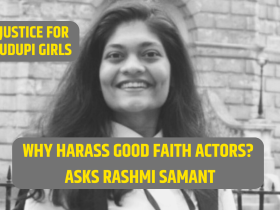
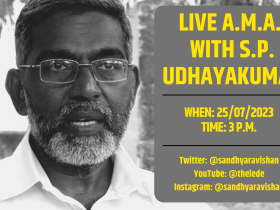
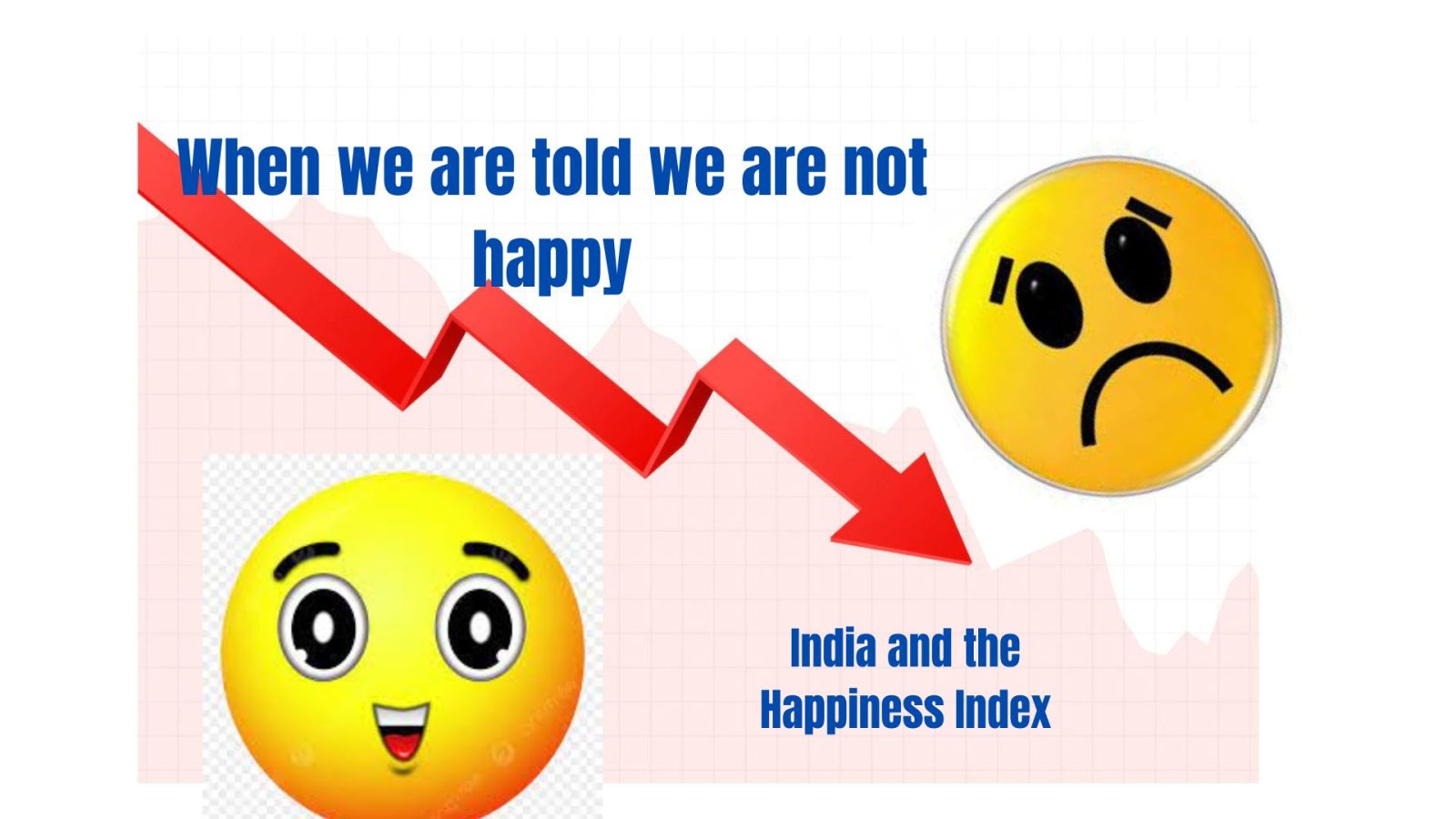




Leave a Reply